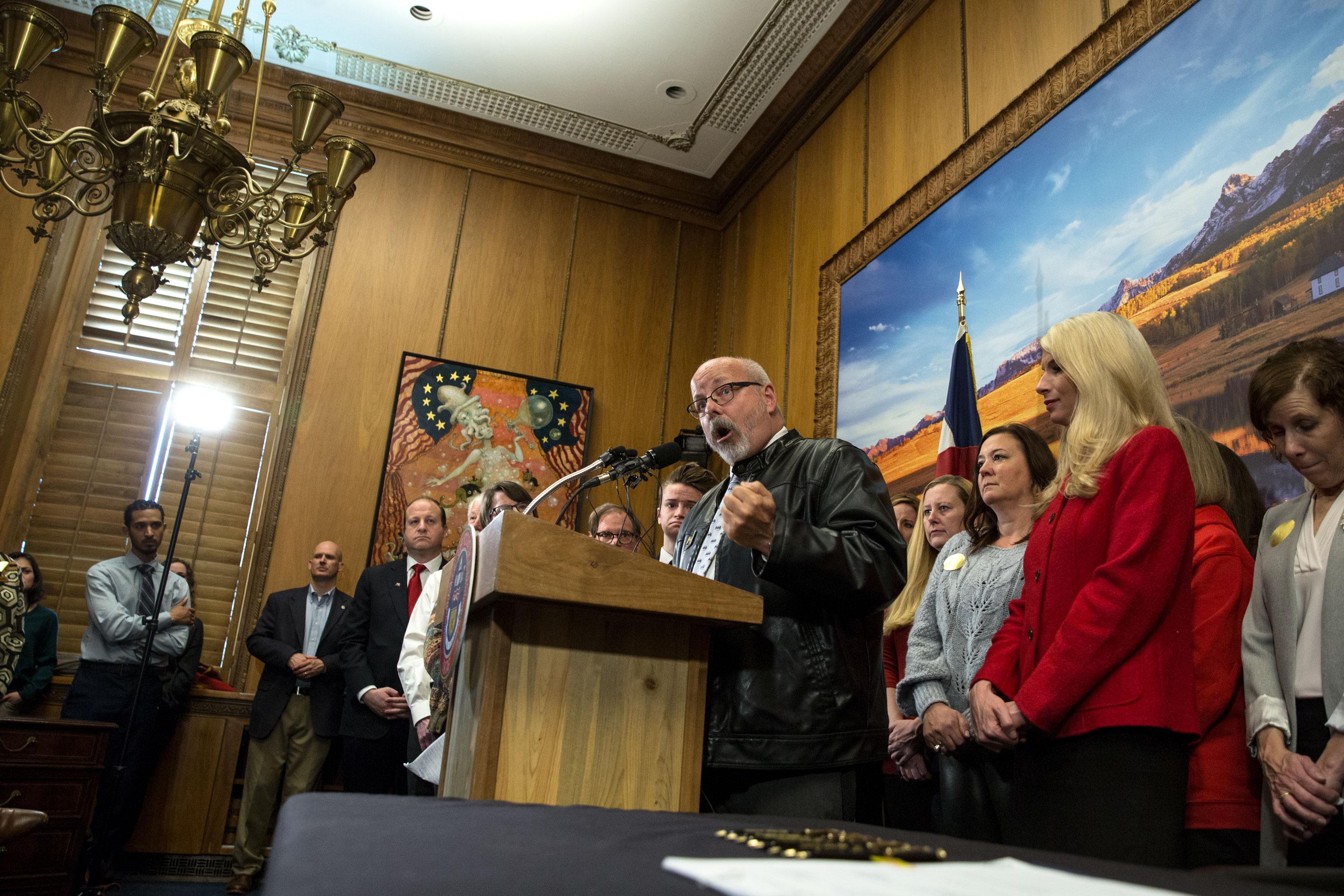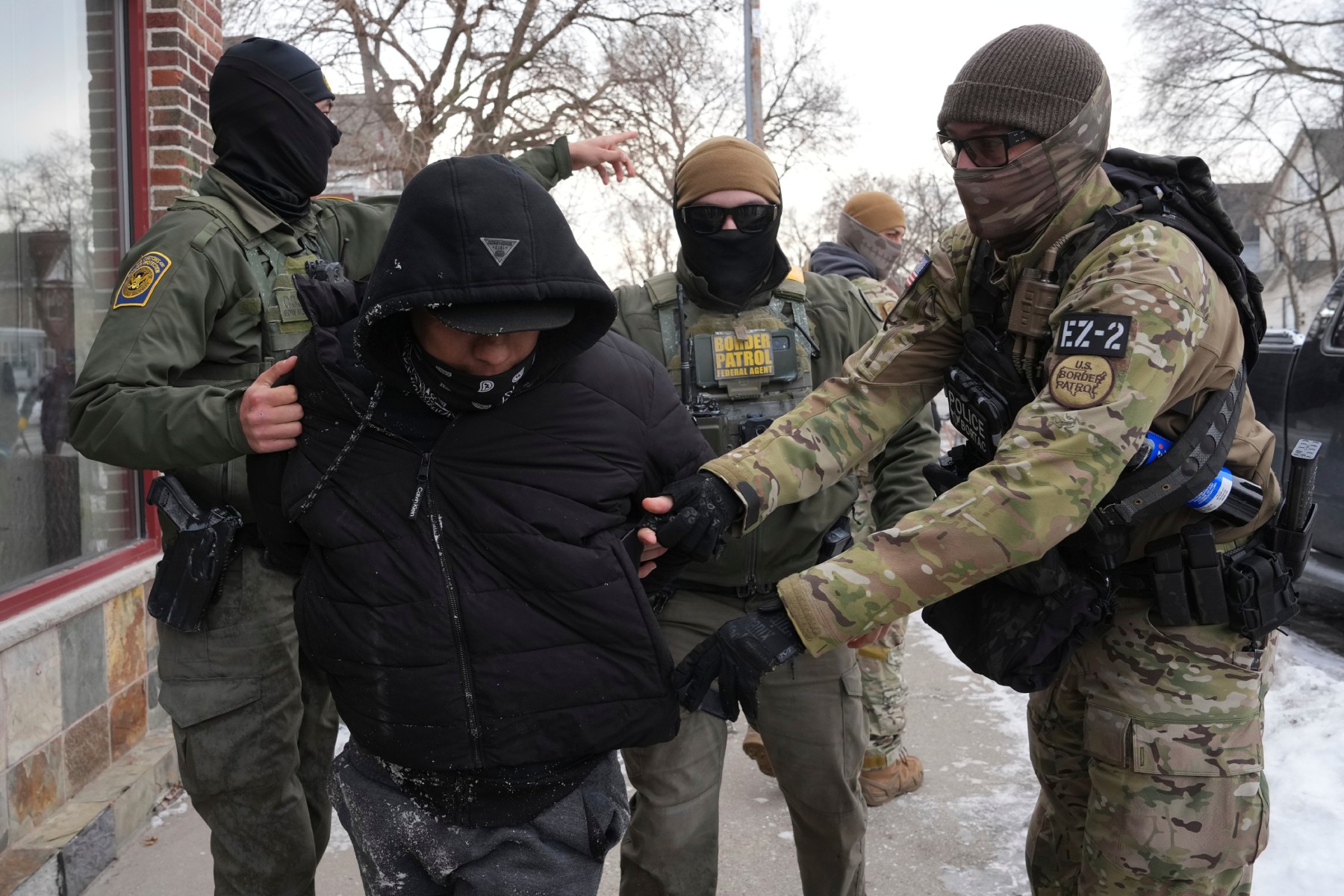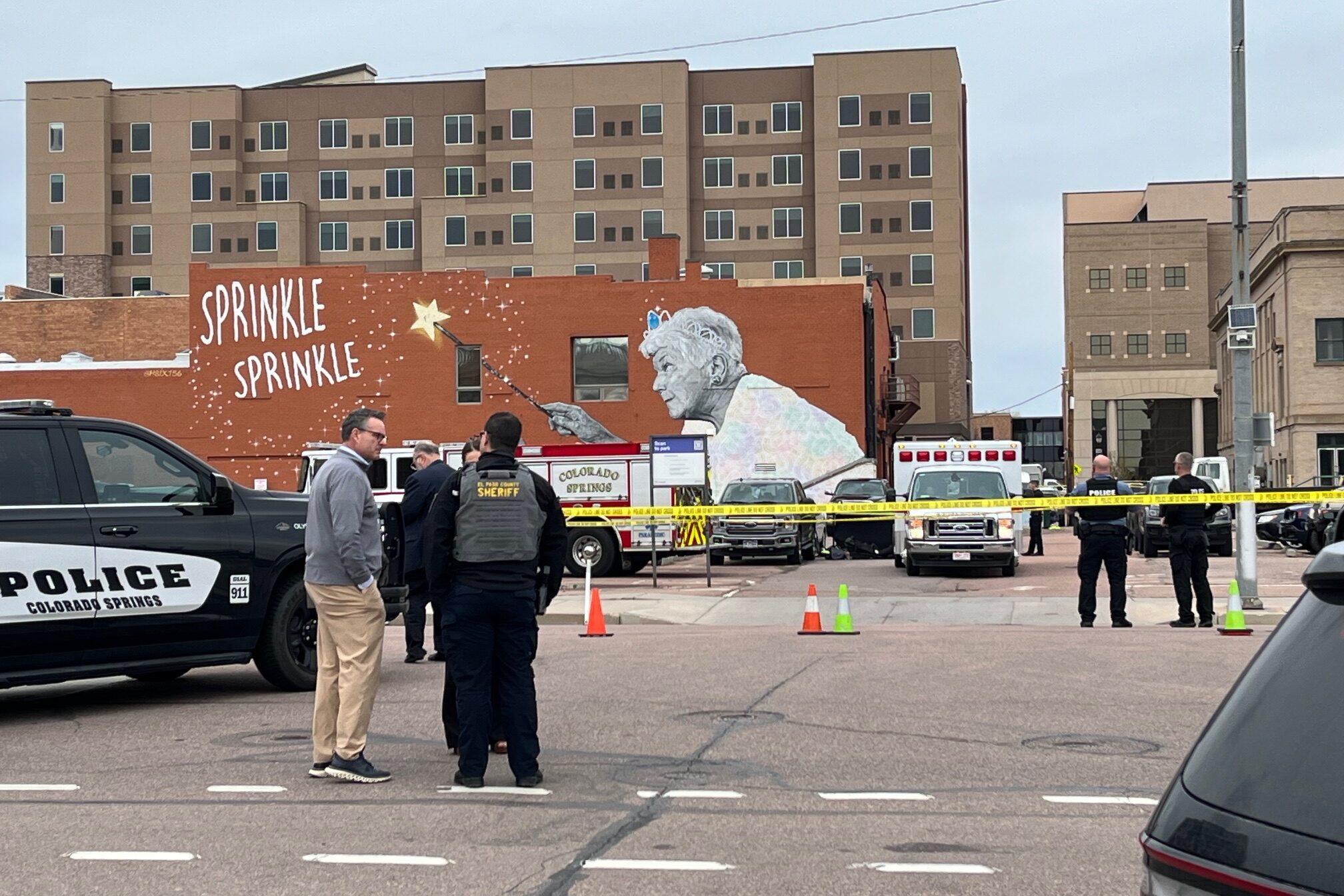

Kristi Burton Brown’s request to circulate petitions to recall Democratic Rep. Tom Sullivan of Centennial continues to stir the political pot. The backlash from Democrats, GOP political operatives and some Republicans questions whether it’s appropriate for the vice-chair of the Colorado Republican Party to initiative such a move.
Others say it’s the right call.
“I would like definitely like to emphasize I'm doing this in my individual capacity as a citizen and a parent in House District 37,” Brown said. “Yes, I happened to be the vice-chair of the party, but I considered filing this recall before I got elected.”
Brown was elected to party leadership alongside Chairman Ken Buck on March 30. The “red flag” gun bill, one of the chief irritants that critics cite as the reason for the recall, passed the legislature April 1 and Gov. Jared Polis signed it 11 days later. Buck has called for the state party to be more active in recalls, but didn’t say what the official role would be in this instance.
“Kristi initiated the recall effort in her personal capacity, not as part of her leadership role with the state party. We will evaluate the HD 37 recall as it proceeds, just as we do with any potential recall or election,” Buck said.
But Democrats say it’s impossible to separate the party officer from the party itself.
“Chairman Buck said that he was going to be pursuing up to 20 recalls, and his vice-chair filed a recall petition against Sullivan herself. The idea she’s not filing this recall as a party officer is a joke,” said Morgan Carroll, Colorado Democratic Party Chair.
The assertive move has divided the GOP. House Minority Leader Patrick Neville wants to be more hands on with recalls and in a recent forum with the Colorado Sun pledged to act “as a clearing house.”
Conversely, Republican Rep. Lois Landgraf of Colorado Springs doesn’t see the Sullivan recall as the best use of funds. In December she helped create a separate House fundraising arm from Neville’s to recruit and train more moderate candidates. The aim is to appeal to a broader swath of voters, especially the state’s growing segment of unaffiliated voters.
Landgraf is focused on 2020, not the recall. “We’ve got one year to replace [Sullivan] with a Republican.”
She also doesn’t see Kristi Burton Brown’s actions as distinct from the party — “It’s very hard to separate the two.” — and she criticized the involvement of Dudley Brown, the head of gun rights group Rocky Mountain Gun Owners, who is helping with the recall campaign.
“I think it’s ironic that the person that worked so hard to put Sullivan in office is now working against him to get him out of office. It’s about money, and for the GOP to get involved in this, in my opinion, is just inappropriate.”
In 2018, Rocky Mountain Gun Owners helped Sullivan with flyers that attacked his Republican opponent, incumbent Cole Wist, for sponsoring the previous attempt at a red flag gun law. Wist said he’ll never know how much those flyers contributed to Sullivan winning last November.
“Clearly there was a massive blue wave. But it could have had at least some effect on suppressing support from Republican voters and folks that would otherwise have been supportive of me.”
During the campaign, Wist and Sullivan agreed on the need for the red flag law, which allows courts to temporarily remove firearms from people considered a danger to themselves or others.
Sullivan, however, as a Democrat, has much stronger views on gun control. His son Alex was killed in the Aurora theater shooting and stricter gun laws are his top priority. He stands by his votes and said he won’t be bullied by gun activists.
Wist believes voters who elected Sullivan understood those views, which is why he thinks a recall is a poor strategy.
“Just because we can doesn't mean we should,” Wist said. “I think voters still want solutions to problems and they still want to hear candidates articulate what their vision is for governing. That, in my view, is at odds with this recall. I begin with the perspective that voters feel like they are harassed enough by folks in politics. We have elections every two years. For a lot of folks, that's enough.”
Brown said her decision was based on a culmination of Sullivan’s votes, not just the gun law he sponsored. For instance, stricter oil and gas regulations, and a failed bill which would have created a different process for parents to exempt their children from vaccines. Brown also believes Sullivan wasn’t forthcoming on the red flag law.
“He certainly did campaign on that general policy, but a lot of the particulars that are in that bill that violate the privacy of everyday citizens in Colorado, those details were not campaigned on,” Brown said.
Meanwhile Steve House, the CEO of the Republican party who runs the day-to-day operations, said while not every situation warrants a recall, it’s an outlet for the anger some conservative voters feel after the legislature swung to the left. Democrats won every statewide race last election, gained control of the state Senate and picked up five House seats — some in traditionally red districts.
“And as a party, we are a membership organization. When our members come to us and say, ‘I want to exercise my right to do this,’ and we say, ‘that's why you have that right.’”
House feels even if a recall is unsuccessful, it can still be valuable to connect to the grassroots through “door to door, social media contact [and] telephone calls.”
“It is a really good way to gather information about how people are feeling and more than anything else, if you're a representative elected at the state or federal level, your job is to listen to your constituents,” he said.
Supporters have two months to gather 10,035 signatures to put the recall question before voters in House District 37. Even if Sullivan were to be recalled, it would still leave Democrats with a wide majority in the House of Representatives.









